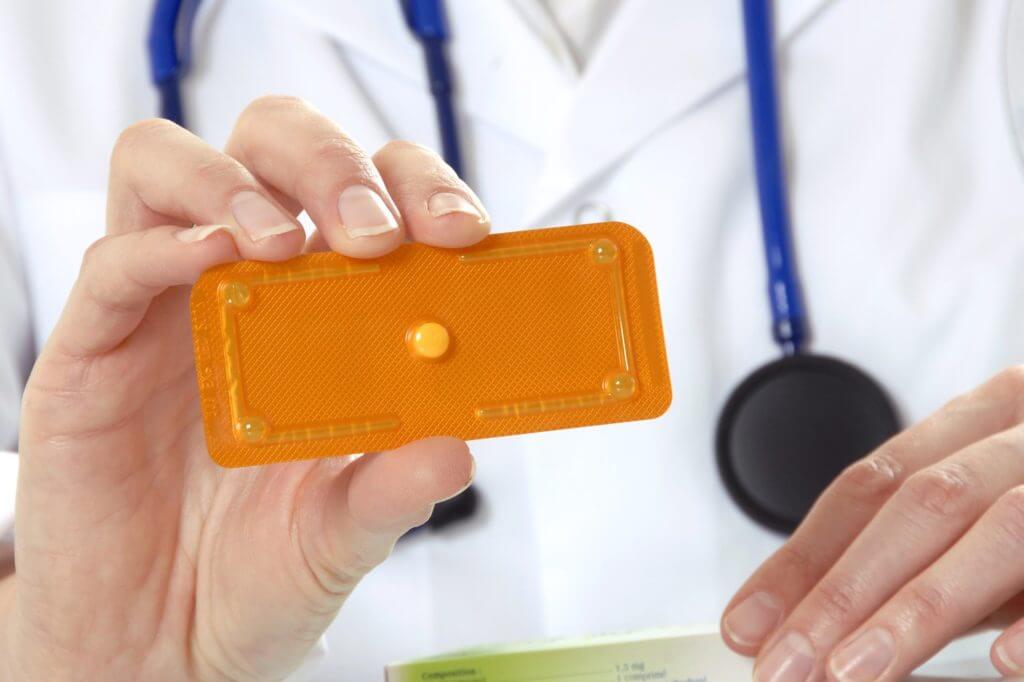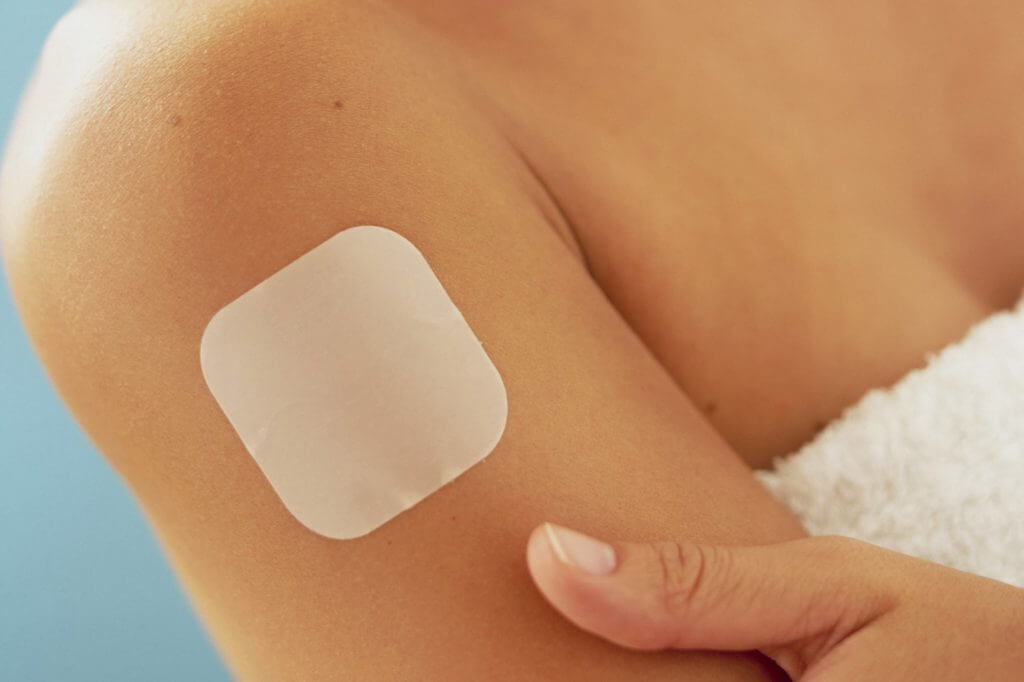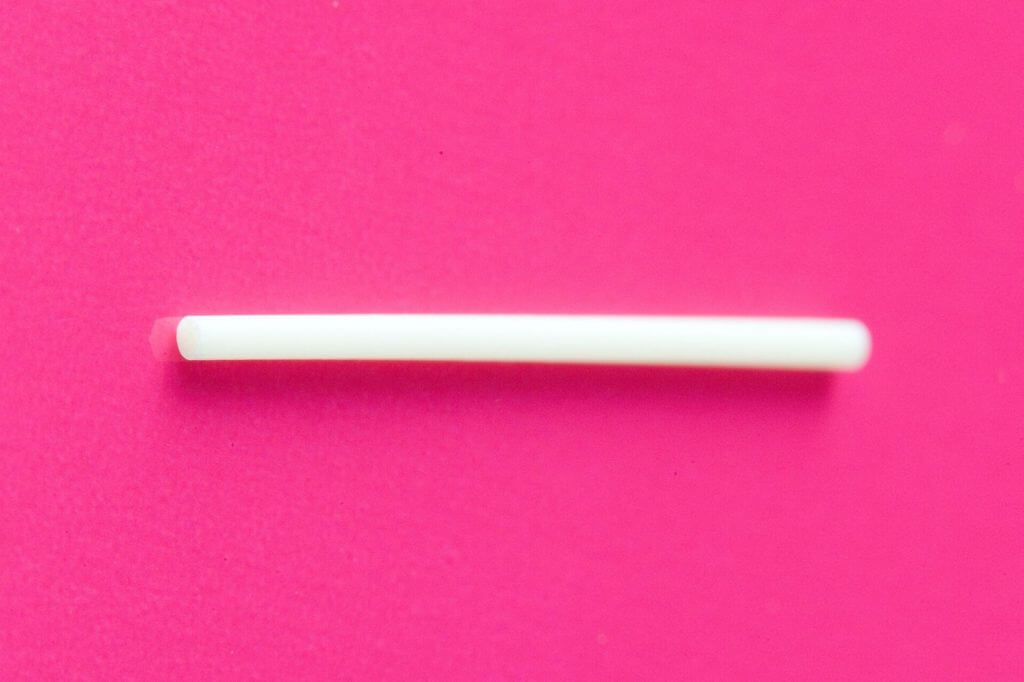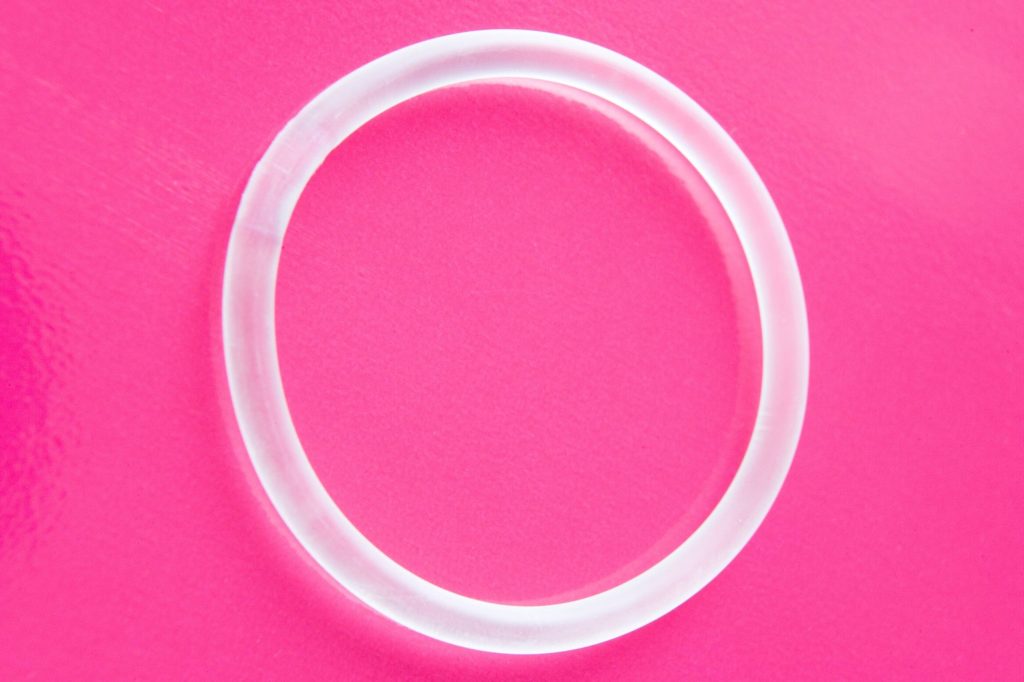Emergency contraception

- the emergency contraceptive pill – Levonelle or ellaOne (the “morning after” pill)
- the intrauterine device (IUD or coil)
At a glance: facts about emergency contraception
- You need to take the emergency contraceptive pill within 3 days (Levonelle) or 5 days (ellaOne) of unprotected sex for it to be effective – the sooner you take it, the more effective it’ll be.
- The IUD can be fitted up to 5 days after unprotected sex, or up to 5 days after the earliest time you could have ovulated, for it to be effective.
- The IUD is more effective than the contraceptive pill at preventing pregnancy – less than 1% of women who use the IUD get pregnant.
- Taking the emergency contraceptive pills Levonelle or ellaOne can give you a headache or tummy pain and make you feel or be sick.
- The emergency contraceptive pill can make your next period earlier, later or more painful than usual.
- If you’re sick (vomit) within 2 hours of taking Levonelle or 3 hours of taking ellaOne, go to your GP, pharmacist or genitourinary medicine (GUM) clinic, as you’ll need to take another dose or have an IUD fitted.
- If you use the IUD as emergency contraception, it can be left in and used as your regular contraceptive method.
- If you use the IUD as a regular method of contraception, it can make your periods longer, heavier or more painful.
- You may feel some discomfort when the IUD is put in, but painkillers can help.
- There are no serious side effects of using emergency contraception.
- Emergency contraception doesn’t cause an abortion.
How the emergency pill works
Levonelle
Levonelle contains levonorgestrel, a synthetic (man-made) version of the natural hormone progesterone produced by the ovaries.
Taking it’s thought to stop or delay the release of an egg (ovulation).
Levonelle has to be taken within 72 hours (3 days) of sex to prevent pregnancy. It doesn’t interfere with your regular method of contraception.
ellaOne
ellaOne contains ulipristal acetate, which stops progesterone working normally. This also works by stopping or delaying the release of an egg.
ellaOne has to be taken within 120 hours (5 days) of sex to prevent pregnancy.
If you take Levonelle or ellaOne
Levonelle and ellaOne don’t continue to protect you against pregnancy – if you have unprotected sex at any time after taking the emergency pill, you can become pregnant.
They aren’t intended to be used as a regular form of contraception. But you can use emergency contraception more than once in a menstrual cycle if you need to.
Who can use the emergency pill?
Most women can use the emergency contraceptive pill. This includes women who can’t use hormonal contraception, such as the combined pill and contraceptive patch. Girls under 16 years old can also use it.
But you may not be able to take the emergency contraceptive pill if you’re allergic to anything in it, have severe asthma or take any medicines that may interact with it, such as:
- the herbal medicine St John’s Wort
- some medicines used to treat epilepsy, HIV or tuberculosis (TB)
- medicine to make your stomach less acidic, such as omeprazole
- some less commonly used antibiotics (rifampicin and rifabutin)
ellaOne can’t be used if you’re already taking one of these medicines, as it may not work. Levonelle may still be used, but the dose may need to be increased.
Tell a GP, nurse or pharmacist what medicines you’re taking, and they can advise you if they’re safe to take with the emergency contraceptive pill.
You can also read the patient information leaflet that comes with your medicine for more information.
Breastfeeding
Levonelle is safe to take while breastfeeding. Although small amounts of the hormones in the pill may pass into your breast milk, it’s not thought to be harmful to your baby.
The safety of ellaOne during breastfeeding isn’t yet known. The manufacturer recommends that you don’t breastfeed for one week after taking this pill.
If you’re already using regular contraception
You may need to take the emergency pill if you:
- forgot to take some of your regular contraceptive pills
- didn’t use your contraceptive patch or vaginal ring correctly
- were late having your contraceptive implant or contraceptive injection
If you have taken Levonelle, you should:
- take your next contraceptive pill, apply a new patch or insert a new ring within 12 hours of taking the emergency pill
- continue taking your regular contraceptive pill as normal
Use additional contraception, such as condoms, for:
- 7 days if you use the patch, ring, combined pill (except Qlaira), implant or injection
- 9 days for the combined pill Qlaira
- 2 days if you use the progestogen-only pill
If you have taken ellaOne:
- wait at least 5 days before taking your next contraceptive pill, applying a new patch or inserting a new ring
Use additional contraception, such as condoms, until you restart your contraception and for an additional:
- 7 days if you use the patch, ring, combined pill (except Qlaira), implant or injection
- 9 days for the combined pill Qlaira
- 2 days if you use the progestogen-only pill
A GP or nurse can advise further on when you can start taking regular contraception and how long you should use additional contraception.
Side effects of using the emergency pill
There are no serious or long-term side effects from taking the emergency contraceptive pill.
But it can cause:
- headaches
- tummy pain
- changes to your next period – it can be earlier, later or more painful than usual
- feeling or being sick – get medical attention if you’re sick within 2 hours of taking Levonelle or 3 hours of taking ellaOne, as you’ll need to take another dose or have an IUD fitted
See a GP or nurse if your symptoms don’t go away after a few days or if:
- you think you might be pregnant
- your next period is more than 7 days late
- your period is shorter or lighter than usual
- you have sudden pain in your lower tummy – in rare cases, a fertilised egg may have implanted outside the womb ectopic pregnancy)
Can I get the emergency contraceptive pill in advance?
You can get the emergency contraceptive pill in advance of having unprotected sex if:
- you’re worried about your contraceptive method failing
- you’re going on holiday
- you can’t get hold of emergency contraception easily
See a GP or nurse for further advice on getting advance emergency contraception. You can also talk to them about your options for regular methods of contraception.
How the IUD works as emergency contraception
The intrauterine device (IUD) is a small, T-shaped plastic and copper device that’s put into your womb (uterus) by a doctor or nurse.
It releases copper to stop the egg implanting in your womb or being fertilised.
The IUD can be inserted up to 5 days after unprotected sex, or up to 5 days after the earliest time you could have ovulated (released an egg), to prevent pregnancy.
You can also choose to have the IUD left in as an ongoing method of contraception.
How effective is the IUD at preventing pregnancy?
The emergency IUD is the most effective method of emergency contraception – less than 1% of women who use the IUD get pregnant.
It’s more effective than the emergency pill at preventing pregnancy after unprotected sex.
Who can use the IUD?
Most women can use an IUD, including those who are HIV positive. A GP or nurse will ask about your medical history to check if an IUD is suitable for you.
The IUD might not be suitable if you have:
- an untreated sexually transmitted infection (STI) or a pelvic infection
- problems with your womb or cervix
- unexplained bleeding between periods or after sex
The emergency IUD won’t react with any other medicines you’re taking.
Pregnancy and breastfeeding
The IUD shouldn’t be inserted if there’s a risk that you may already be pregnant.
It’s safe to use when you’re breastfeeding and it won’t affect your milk supply.
Side effects of the IUD
Complications after having an IUD fitted are rare, but can include:
- pain
- infection
- damage to the womb
- the IUD coming out of your womb
- heavier, longer or more painful periods if you continue to use it as a regular method of contraception
Where can I get emergency contraception?
Getting it for free
You can get emergency contraception for free, even if you’re under 16, from these places, but they may not all fit the IUD:
- contraception clinics
- sexual health or genitourinary medicine (GUM) clinics
- some GP surgeries
- some young people’s clinics
- most NHS walk-in centres and minor injuries units
- most pharmacies
- some accident and emergency (A&E) departments (phone first to check)
Buying it
If you’re aged 16 or over, you can buy the emergency contraceptive pill from most pharmacies, in person or online, and from some organisations, such as the British Pregnancy Advisory Service (BPAS) or Marie Stopes. The cost varies, but it will be around £25 to £35.
Contraception for the future
If you’re not using a regular method of contraception, you might consider doing so to protect yourself from an unintended pregnancy.
There are several methods of contraception that protect you for a long period, so you don’t have to think about them once they’re in place, or remember to use or take them every day or every time you have sex.
These methods include the:
- contraceptive injection
- contraceptive implant
- intrauterine system (IUS)
- intrauterine device (IUD)
See a GP, nurse or visit your nearest sexual health clinic to discuss the options available.
If you’re under 16 years old
Contraception services are free and confidential, including for people under the age of 16.
If you’re under 16 and want contraception, the doctor, nurse or pharmacist won’t tell your parents (or carer) as long as they believe you fully understand the information you’re given, and the decisions you’re making.
Doctors and nurses work under strict guidelines when dealing with people under 16. They’ll encourage you to consider telling your parents, but they won’t make you.
The only time a professional might want to tell someone else is if they believe you’re at risk of harm, such as abuse. The risk would need to be serious, and they would usually discuss this with you first.






